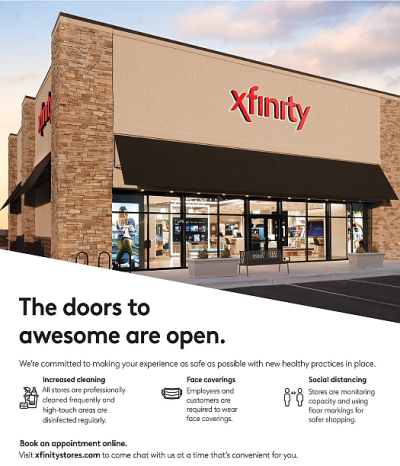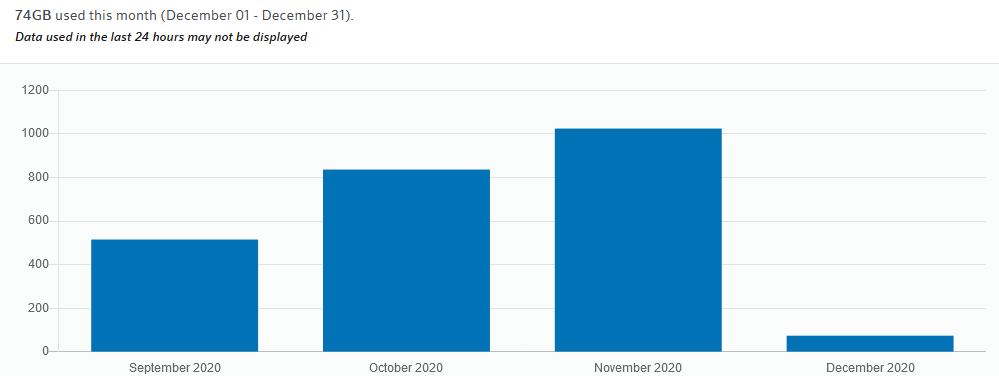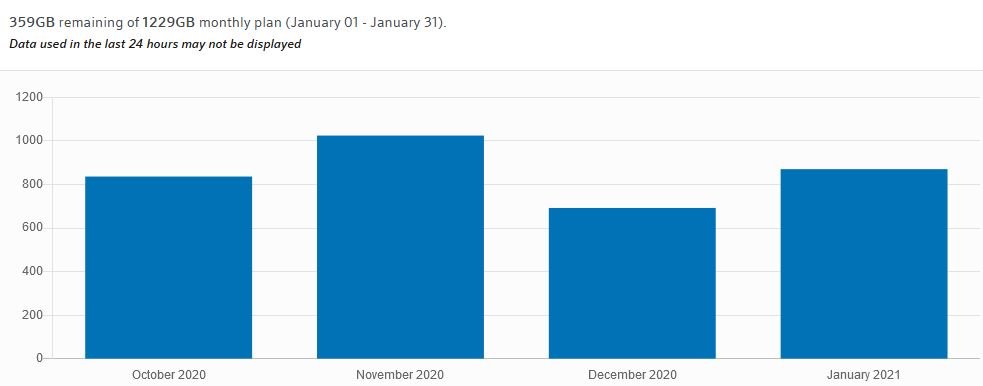target2019
Give me a museum and I'll fill it. (Picasso) Give me a forum ...
1) Comcast announced price increases, which are described here:
https://arstechnica.com/information...t-prices-including-a-big-hike-to-hidden-fees/
2) Norton Security Suite is no longer free through Comcast/Xfinity. You will need something to replace it by 1/1/2021.
I found an article useful in evaluating the various AV offerings. Of particular interest was the "load" table down in the article. Some of the AV products are very heavy.
https://www.tomsguide.com/reviews/kaspersky
I was prepared to uninstall Norton and go elsewhere, but a new renew offer popped up in my system tray yesterday, and it ended up costing about $26 for Norton 360 Deluxe for 5 devices - 1 year. Installation was very easy, just needed to reboot to make it all happen.
https://arstechnica.com/information...t-prices-including-a-big-hike-to-hidden-fees/
2) Norton Security Suite is no longer free through Comcast/Xfinity. You will need something to replace it by 1/1/2021.
I found an article useful in evaluating the various AV offerings. Of particular interest was the "load" table down in the article. Some of the AV products are very heavy.
https://www.tomsguide.com/reviews/kaspersky
I was prepared to uninstall Norton and go elsewhere, but a new renew offer popped up in my system tray yesterday, and it ended up costing about $26 for Norton 360 Deluxe for 5 devices - 1 year. Installation was very easy, just needed to reboot to make it all happen.

 , I can easily restore from a clean backup.
, I can easily restore from a clean backup.

